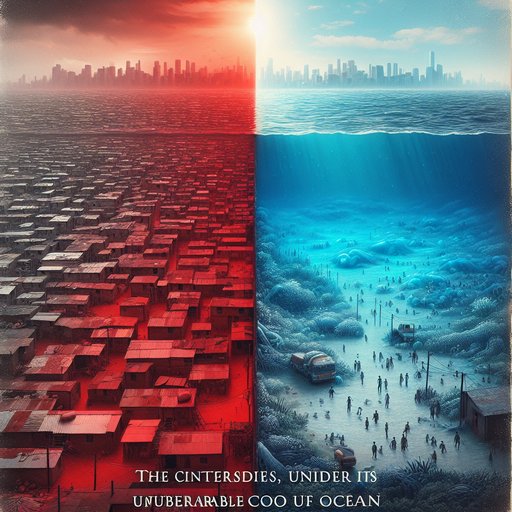- Details
- Written by: Valenenzia Gruelle

Eli Lilly’s decision to invest $6.5 billion in a new active pharmaceutical ingredient (API) manufacturing facility in Texas is more than a headline about jobs and concrete; it’s a referendum on how we want automation to reshape work and wealth in the real economy [5]. The plant will be software-heavy and sensor-dense, because modern drug manufacturing must be—yet the moral question isn’t whether machines will be involved, but for whom the gains will accrue and how communities will share in them. In a year when AI is recoding job descriptions as quickly as it spins proteins, Lilly’s move becomes a case study for balancing efficiency against equity, and for writing a social contract that dignifies work at every age and skill level.
- Details
- Written by: Anne Wienbloch

This week’s press note about iScreen’s full iOS 26 compatibility, bundled with “new creative features” and an “expanding global reach,” reads like a familiar drumroll for the tech‑culture parade [2]. It is an achievement worth acknowledging: compatibility is the plumbing that keeps creative practice flowing, and reach can widen audiences. But in 2025’s hype-bent attention economy, infrastructure announcements double as cultural positioning statements. They tell us not just what a tool does, but who it imagines as its makers, arbiters, and stars. If platforms want to be more than loudspeakers for the already‑loud, they must connect technical milestones to structural commitments, especially around recognition. Otherwise, “reach” becomes a megaphone that amplifies the same voices and mutes the rest.
- Details
- Written by: Bob Fratenni

Heat kills democratically, but policy never does. It shields the insulated first and leaves the rest to swelter. That is the lesson of red-lined neighborhoods that map onto asphalt islands, where history bakes into concrete and shade is a privilege parceled by budget lines. As an anthropologist, I read cities as weathered palimpsests of power; the streets tell us who was meant to thrive and who was meant to endure. Today’s ocean politics are writing a similar script at planetary scale. A raft of headlines announcing that an international treaty to protect the high seas will take effect in January and has crossed the ratification threshold sounds like a cool front after a brutal summer [1][2][4][5][6][9]. But whether the blue commons becomes a public shade tree or a private cabana will depend on how we translate a primer’s promises into practice [7].
- Details
- Written by: Alex Dupcheck

“The UK Is a Cautionary Tale on Free Speech—Will We Heed It?” is more than a headline; it is a governance test we keep failing. A recent analysis frames Britain as a warning about how democracies can slide into speech regulation amid moral panics and technological upheaval [1]. That danger is compounded by information chaos: synthetic media blurs the line between authentic and fabricated speech, complicating everything from journalism to law enforcement [3], while foreign disinformation operations seize tragedies to amplify division, as seen in a surge of Russian-created posts flagged after the Kirk shooting [4]. The remedy is not more charisma and fewer freedoms, but more competence and better institutions—governance by people trained to separate signal from noise, and a citizenry educated to demand proof over spectacle.











































